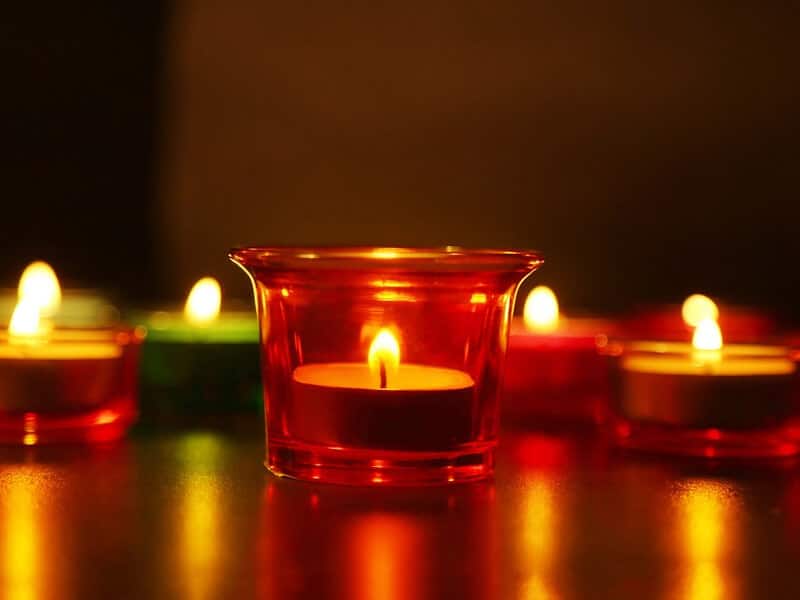Religious Funerals
Home - Religious Funerals
Religious and None Religious Funerals
The north east of England is rapidly becoming more multi cultural. We aim to serve all parts of our local community and this includes being able to arrange and conduct funerals of various different faiths in addition to traditional Christian funerals.
Over the years, we have had experience of conducting funerals for the Sikh, Muslim, Hindu and African communities as well as traditional Christian funerals. Our service is adaptable to be able to meet the religious requirements of all funerals whatever the religion or even where there is no faith at all.
Examples of religious funerals that we have conducted are as follows along with examples of typical practices specific to that religion:

Christian Funerals
The various types of Christian funerals often involve a service at a church. Catholic, Church of England or Methodist are some of the most common examples. The service is tailored to your wishes in conjunction with the minister.
It is also possible to have a religious service without a church where a religious minister will officiate a service at the crematorium or at a graveside. If you have graveside service, we are able to use modern technology to provide music of your choice.
Muslim Funerals
In the case of the Islamic faith, the funeral should take place as soon as possible after death. The deceased is washed and wrapped in a white shroud. This is done in our funeral home where it is supervised and assisted by our experienced staff. A funeral service then takes place at a mosque.
At the Mosque, an Imam will preside over prayers and readings and afterwards, the deceased will be buried facing Mecca. The Islamic faith prohibits cremation.
Sikh Funerals
The deceased will be washed using yoghurt, soap and water in our funeral home by members of their family or friends. They will then be dressed in clean clothes. This process is assisted and supervised by our experienced staff.
Sikh funerals usually take place in a Gurdwaras which is a Sikh temple where prayers are said and a Sikh priest will officiate the service before the deceased is taken to the crematorium. Burials are permitted but aren’t the norm.
Evening prayers are said at the crematorium and close family members will be present when the body is placed into the cremator and may initiate the creation process supervised by crematorium staff.
The scattering of ashes is normally done in running water. If required, we are able to assist with this should the family so wish.
Hindu Funerals
Before the funeral, the deceased will be washed and dressed according to Hindu religious requirements. This process will be supervised and assisted by our experienced staff, usually in our funeral home but it can be done in a person’s home too.
The funeral service includes chants or mantras and Hindu rituals officiated by a Hindu priest. Traditionally, Hindu’s are cremated within 24 hours of death but this often isn’t possible due to availability of crematoriums.
Ultimately, the ashes should be scattered on the Ganges river and some families choose to do so but where this is not possible, this can be done on another river.
No Faith Funerals
For those of no particular faith, a humanist can officiate the funeral. In such cases, the focus of the funeral will be about the individual without any religious content. Because
there is no religion involved, there are no established practices to follow and the content and format of the funeral will be decided by the personal preferences of the deceased’s family. The emphasis will be on the life of the deceased.
For those who aren’t religious but would like some religious content to be included, such as prayers, a Celebrant may officiate the funeral. Again, the format and content will be at the personal preference of those left behind and will primarily focus on the deceased.
Whilst the above examples are typical examples for each religion, all funerals, whatever the faith, are a personal event and can be tailored to the particular wishes of the family to meet their personal wishes and their own religious requirements.

